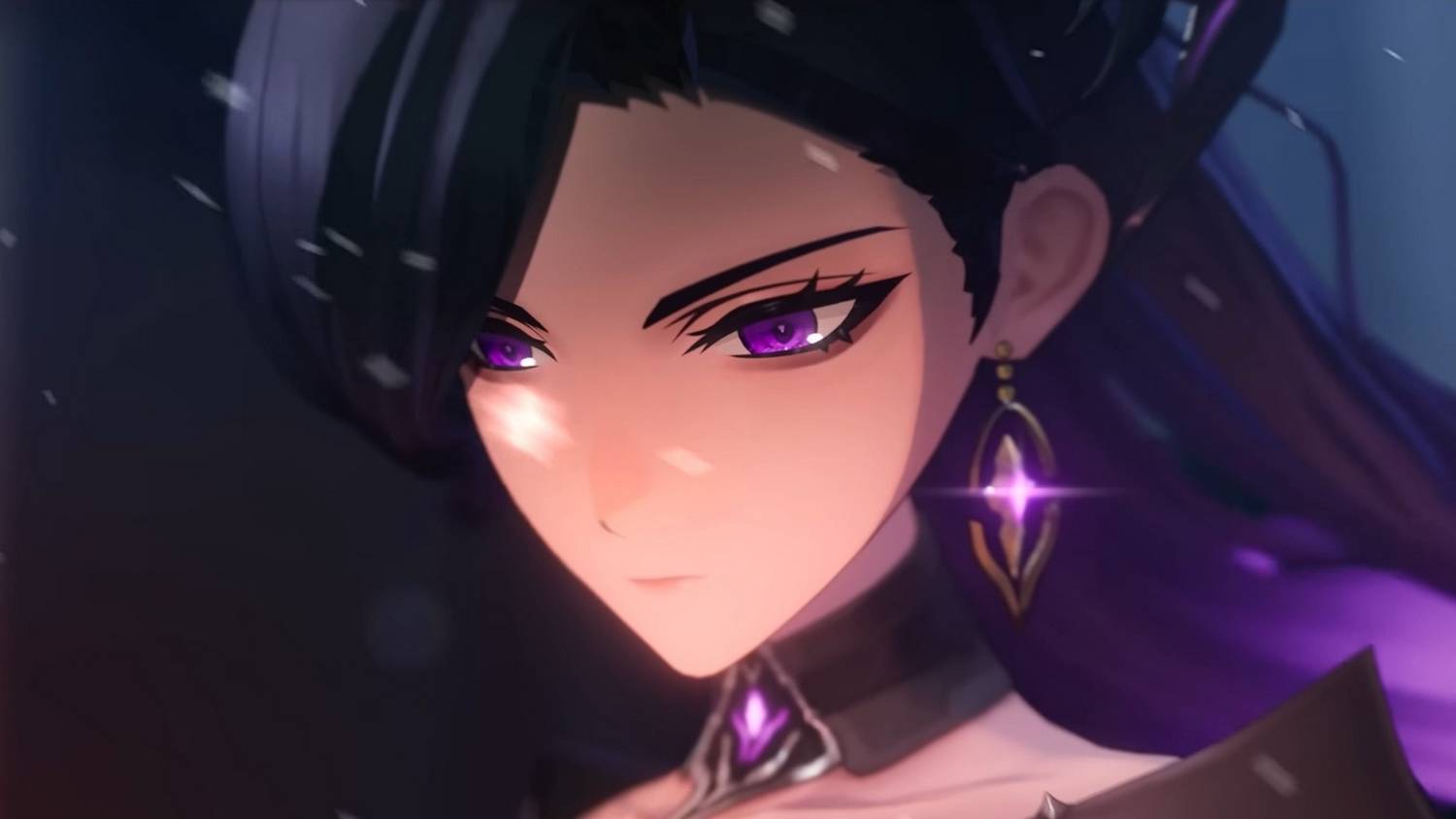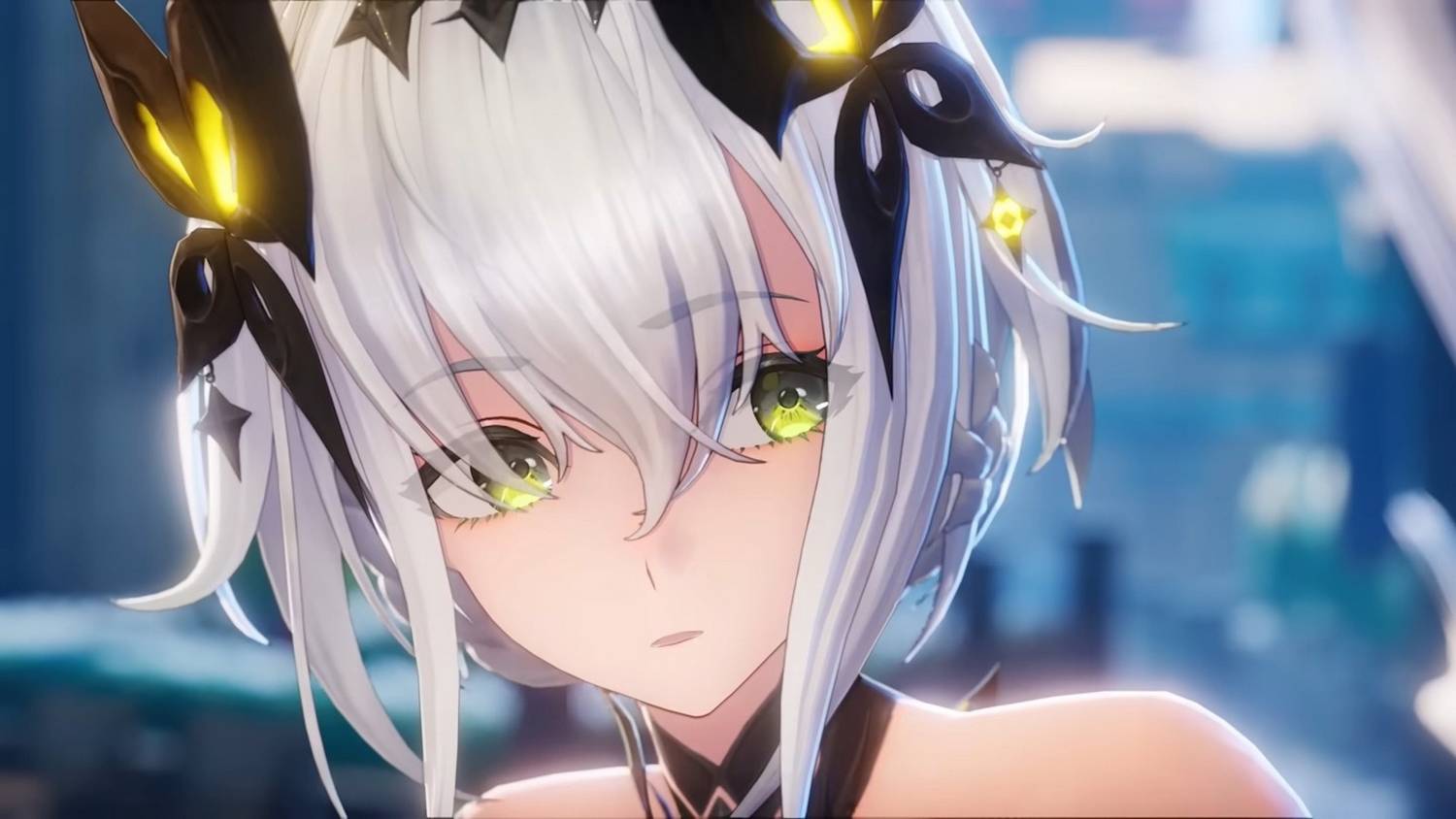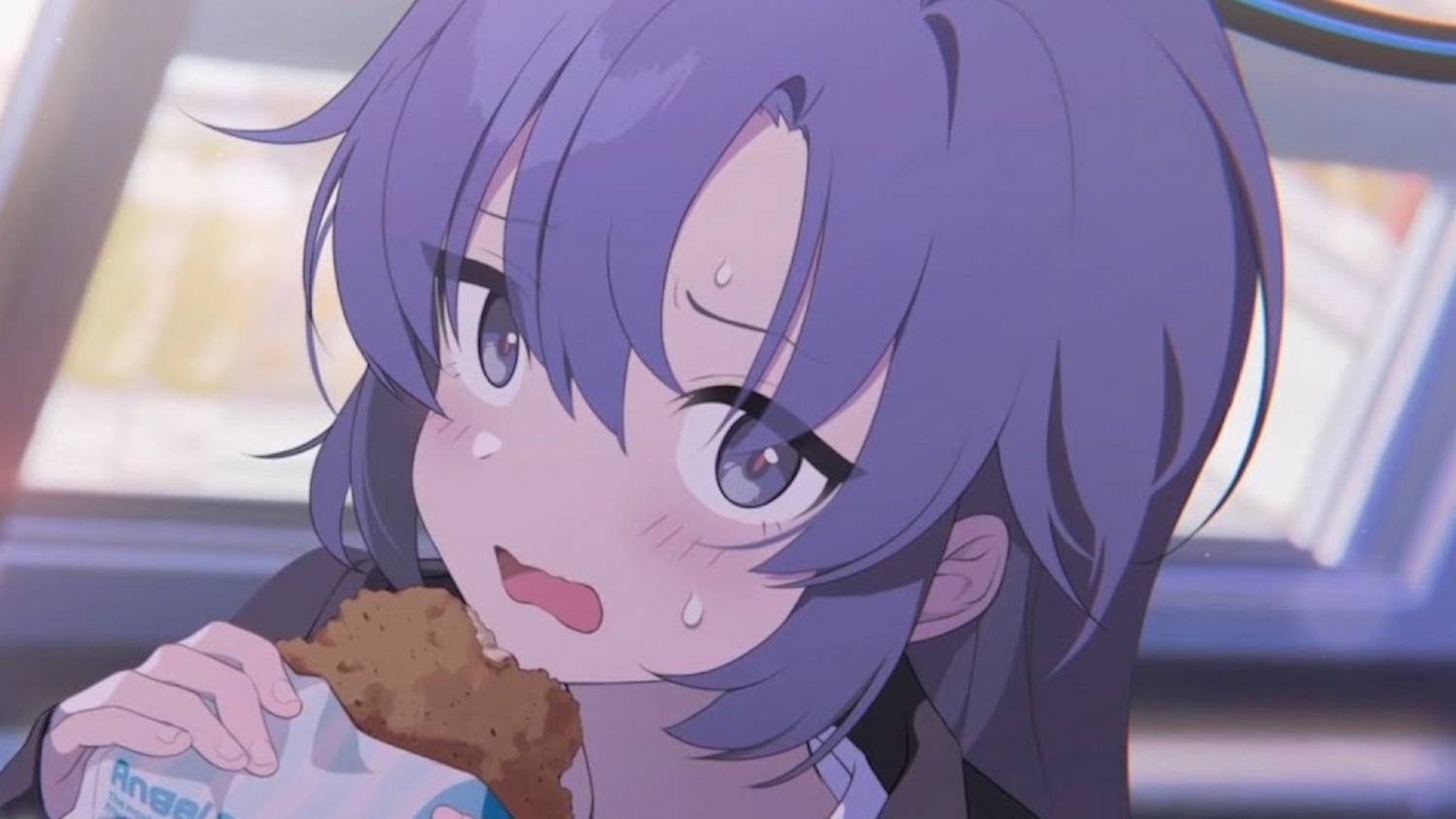Gaming Industry Shake-Up: Anime Action RPG Duet Night Abyss Boldly Eliminates Gacha System, Declaring ‘Gacha Garbage is Not Fun’—A Move the Dev Says is a Win for Players and Developers Alike
Popular Now
 Auto X Drift Racing 3
Auto X Drift Racing 3
 Grand Theft Auto V
Grand Theft Auto V
 R.E.P.O
R.E.P.O
 League of Legends
League of Legends
 Rust
Rust
 Stumble Guys
Stumble Guys
 EA SPORT FC 25
EA SPORT FC 25
 Garena Free Fire: Kalahari
Garena Free Fire: Kalahari
 CarX Street
CarX Street
 God of War Ragnarök
God of War Ragnarök  In a powerful statement that challenges the prevailing monetization models of the free-to-play market, an anime action RPG developer has officially severed ties with the highly lucrative—yet widely criticized—gacha system. The studio, Pan Studio, for their upcoming title Duet Night Abyss, has completely removed all character and weapon banners, a radical pivot that has sent ripples across the video game industry and amplified the ongoing debate over predatory microtransactions.
In a powerful statement that challenges the prevailing monetization models of the free-to-play market, an anime action RPG developer has officially severed ties with the highly lucrative—yet widely criticized—gacha system. The studio, Pan Studio, for their upcoming title Duet Night Abyss, has completely removed all character and weapon banners, a radical pivot that has sent ripples across the video game industry and amplified the ongoing debate over predatory microtransactions.
 The Radical Pivot: “Getting Rid of Gacha is Beneficial for Developers Too”
The Radical Pivot: “Getting Rid of Gacha is Beneficial for Developers Too”
The core of this significant policy change stems from an unusually candid assessment of the gacha model. The game’s producer, known as Deca Bear, didn’t mince words, describing the mechanic as “gacha garbage” and asserting, “We don’t need a gacha system.” This shift represents a rejection of the industry standard where high-value assets are locked behind a randomized, gambling-like mechanism. This decision is not merely a gesture to players; it is framed as a long-term business strategy that benefits the studio as well.
Speaking at a major industry event, Deca Bear stressed that “getting rid of gacha is beneficial for developers too,” even acknowledging that the change initially caused “concerns” within the team about creating a sustainable financial model. The logic, however, is clear and focused on the future of the live service gaming space:
- Enhanced Player Base: By eliminating forced spending and the disheartening low drop rates of banners, the game becomes significantly more “new-player friendly.” The developers believe removing financial and time-gating barriers will attract a larger audience of newcomers “willing to try it out.”
- Focus on Quality Content: Deca Bear stated the goal is to “provide more quality content to our players for a cheap price.” This allows the team to prioritize core game development and player satisfaction over the constant cycle of designing characters and weapons exclusively for probability-driven sales.
- Reduced Development Overhead: While not explicitly detailed, eliminating the complex statistical systems, regulatory compliance requirements, and player management tools associated with gacha mechanics can streamline backend development and resource allocation, allowing the team to focus on purely creative and gameplay-enhancing features.
This bold maneuver positions Duet Night Abyss as a potential blueprint for future free-to-play (F2P) action RPGs, proving that high-quality anime-style games can thrive without relying on a digital slot machine for revenue.
 New Monetization: A Shift to Cosmetics and Player Choice
New Monetization: A Shift to Cosmetics and Player Choice
In place of the randomized character and weapon banners, Pan Studio is transitioning to a cosmetics-focused microtransaction model. The new strategy points to well-accepted forms of premium content, which are commonplace outside the traditional gacha ecosystem:
- Premium Skins and Outfits: The primary source of revenue will be the sale of cosmetic items, such as skins and character outfits. This system is transparent, non-random, and doesn’t affect the player’s core progression or combat effectiveness, directly countering the negative aspects of “pay-to-win” mechanics.
- Complete Content Access: All playable characters and all weapons will be obtainable through in-game progression. This eliminates the feeling of being gatekept from content and fully respects the player’s time and effort, a critical factor in long-term player retention.
The studio also confirmed the removal of the restrictive stamina system, a common progress-gating mechanic in many F2P titles. This change unleashes players to farm and collect as they desire, significantly enhancing the player experience (PX) and offering a level of freedom typically reserved for traditional premium AAA titles.
Market Implications and The Future of F2P RPGs
The public declaration by Pan Studio, on the heels of another similar move by NetEase for their upcoming open-world anime game ANANTA (which confirmed no character gacha), signals a potential paradigm shift in the multi-billion-dollar mobile and PC F2P sector. The high-profile release of games like Duet Night Abyss and ANANTA without the conventional gacha system sets a powerful precedent. This pushback against a dominant, but controversial, model suggests that developers are increasingly recognizing the significant reputational risk and regulatory concerns associated with loot box-style monetization.
For gamers and investors alike, this news is crucial. It suggests a future for anime action RPGs where the focus is firmly on engaging gameplay and ethical monetization, ultimately creating a healthier and more sustainable ecosystem for players and studios committed to generating long-term consumer value through superior content.








 The Radical Pivot: “Getting Rid of Gacha is Beneficial for Developers Too”
The Radical Pivot: “Getting Rid of Gacha is Beneficial for Developers Too” New Monetization: A Shift to Cosmetics and Player Choice
New Monetization: A Shift to Cosmetics and Player Choice